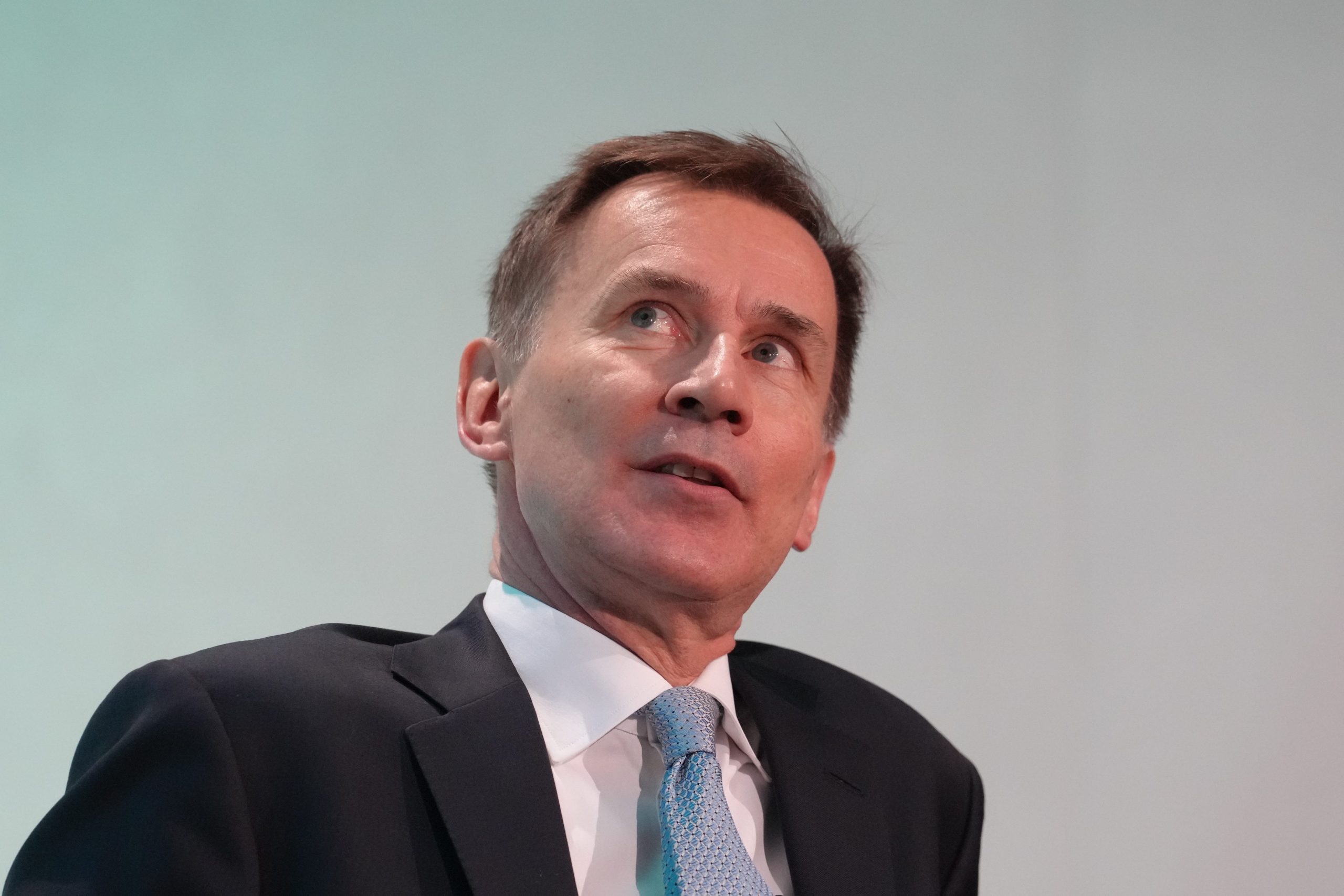Jeremy Hunt is poised to unveil his latest spring Budget this week, with expectations high for measures that include additional tax cuts and further reductions in public spending.
This budget will mark the chancellor’s fourth fiscal event, following closely on the heels of his 2023 autumn statement, which occurred just over three months ago.
Hunt’s initial statement last year primarily focused on reversing the extensive tax cuts announced in Liz Truss and Kwasi Kwarteng’s troubled September “mini-budget.”

Subsequent economic policy announcements from Hunt have largely centered on more moderate tax-cutting initiatives. During Hunt’s tenure, inflation has dropped from its peak of 11.1% in October 2022 to 4% in December 2023.
However, it was recently confirmed that the UK entered a recession at the end of 2023, and uncertainty remains regarding when inflation will return to the Bank of England’s 2% target.
Business leaders have generally responded positively to Hunt’s economic approach, considering it measured and sensible, with a favorable market reaction. Nonetheless, Sir Keir Starmer criticized Hunt’s initial spring Budget as a “sticking plaster” that failed to address the country’s structural issues.
The respected Institute for Fiscal Studies (IFS) think tank has also taken issue with the chancellor’s approach, cautioning against once again using his fiscal headroom to pursue further tax cuts rather than increasing public spending.
